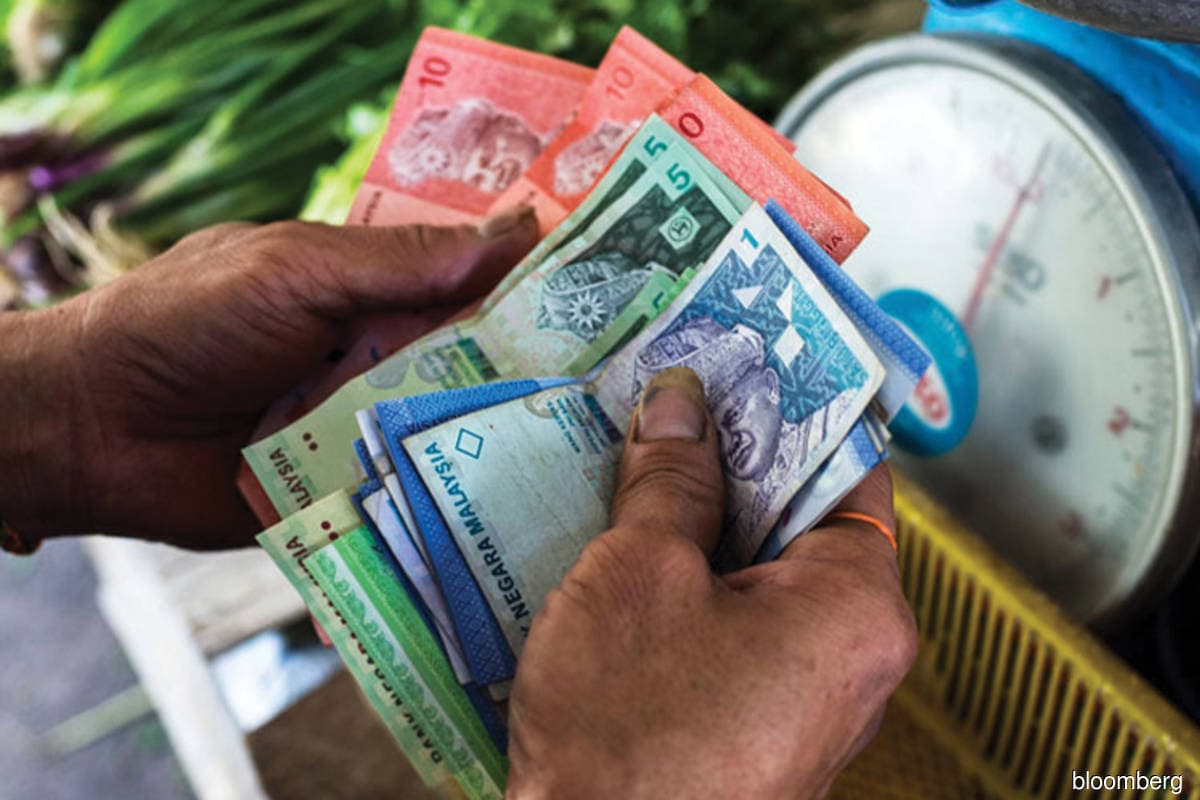
KUALA LUMPUR (Oct 5): Effort needs to be put into increasing Malaysians’ income in order to address issues beleaguering the population such as a low savings rate and low bumiputera equity ownership, said Datuk Seri Mustapa Mohamed.
To achieve that, the 12th Malaysia Plan 2021-2025 (12MP) underlines the need to increase the skills of Malaysia’s workforce, and to create high-quality jobs — in part by attracting more investments into the country, he said at a webinar titled "Malaysia Economic Direction — What to Expect Next" hosted by UOB Kay Hian Wealth Advisors.
The minister in the Prime Minister’s Department (economy) was responding to questions about how to address the low savings rate of Malaysians, especially those who had seen their savings depleted through mechanisms such as pension fund withdrawals from the Employees Provident Fund (EPF) during the Covid-19 pandemic.
“There’s no shortcut,” said Mustapa. “The money [to replenish the savings] will have to come from somewhere … that somewhere will be jobs, quality jobs. That is why investments will play an important role.
“We have to be more aggressive in attracting quality investments,” he added, pointing to past successes in states like Penang, Johor and Sarawak where different sectors like electrical and electronics and oil and gas boomed.
Income growth will also be key to ensure Malaysia could achieve 30% bumiputera equity ownership, Mustapa said, from the 17.2% seen in 2019.
This can be done by saving through bumiputera institutions such as Permodalan Nasional Bhd (PNB) and Lembaga Tabung Haji, and development institutions such as Majlis Amanah Rakyat (MARA).
“Again, to do that, we have to increase their income by improving their knowledge and skills, so that they could save more funds in the likes of ASB (Amanah Saham Bumiputera) or Tabung Haji,” Mustapa said.
“We have to promote [these institutions] for the bumiputera to participate in national development, particularly the lower-income earners,” he added, pointing out that those who are well-off could invest through other platforms.
On a related matter, Mustapa said low-hanging fruits had been identified to improve the government’s role as a facilitator, namely to address bureaucracy, red tape and ultimately costs of doing business in the country.
The other is to ensure that ministries and agencies do not work in silos, Mustapa said, citing examples like implementation of technical and vocational education and training (TVET) programmes or welfare programmes.
To do that, the government will address basic supporting infrastructure, such as centralised databases, he added.